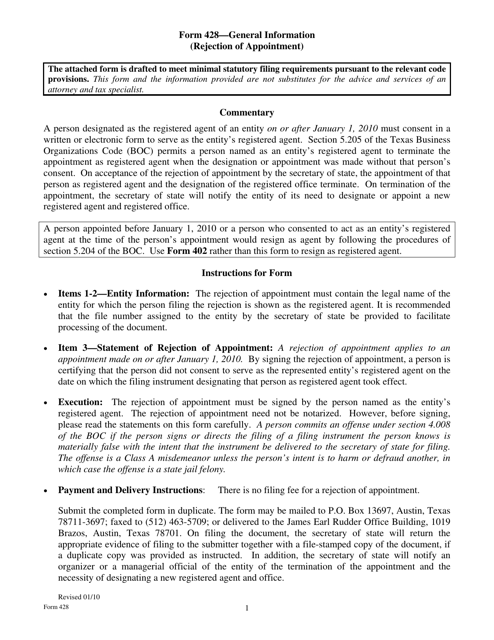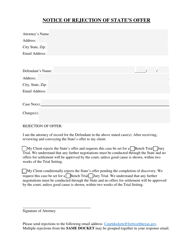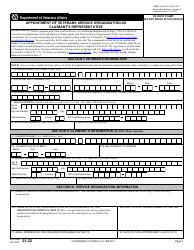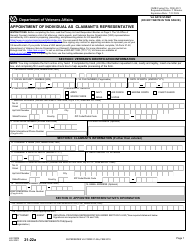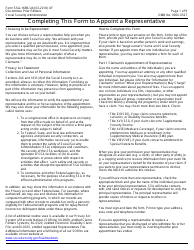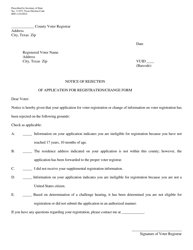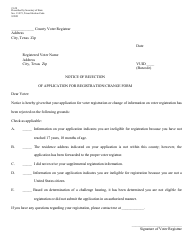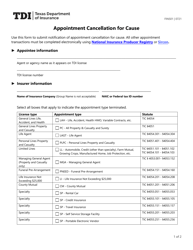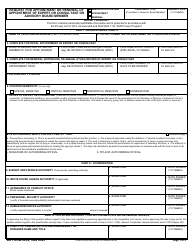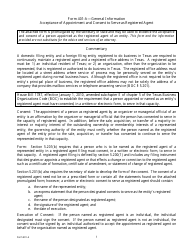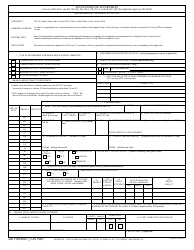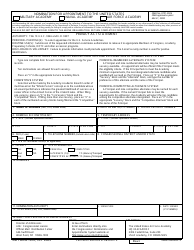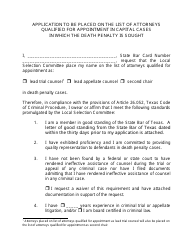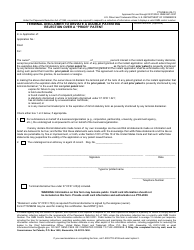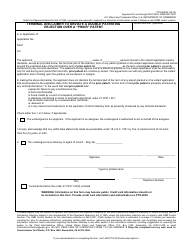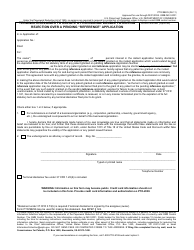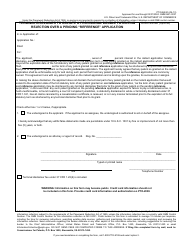Form 428 Rejection of Appointment - Texas
What Is Form 428?
This is a legal form that was released by the Texas Secretary of State - a government authority operating within Texas. As of today, no separate filing guidelines for the form are provided by the issuing department.
FAQ
Q: What is Form 428?
A: Form 428 is the Rejection of Appointment form in Texas.
Q: What is the purpose of Form 428?
A: The purpose of Form 428 is to reject an appointment as an executor or administrator of an estate.
Q: Who can use Form 428?
A: Form 428 can be used by individuals who have been appointed as an executor or administrator of an estate but wish to reject the appointment.
Q: What information is required on Form 428?
A: Form 428 requires information such as the name of the decedent, the case number, and the reason for rejecting the appointment.
Q: Are there any fees associated with filing Form 428?
A: There may be filing fees associated with Form 428, which can vary by county. It's best to check with the probate court clerk for the exact fee amount.
Q: What should I do after filling out Form 428?
A: After filling out Form 428, it should be filed with the probate court where the appointment was made. You may need to provide a copy to the other interested parties or their attorneys as well.
Q: Can I change my mind after submitting Form 428?
A: It depends on the specific circumstances. You should consult with an attorney or the probate court for guidance on reversing the rejection of appointment if you change your mind.
Q: Is it possible to reject an appointment as an executor or administrator without using Form 428?
A: No, in Texas, Form 428 must be used to reject an appointment as an executor or administrator.
Q: What happens if I do not file Form 428?
A: If you do not file Form 428, it may be assumed that you have accepted the appointment. It's important to submit the form to officially reject the appointment.
Form Details:
- Released on January 1, 2010;
- The latest edition provided by the Texas Secretary of State;
- Easy to use and ready to print;
- Quick to customize;
- Compatible with most PDF-viewing applications;
- Fill out the form in our online filing application.
Download a fillable version of Form 428 by clicking the link below or browse more documents and templates provided by the Texas Secretary of State.
